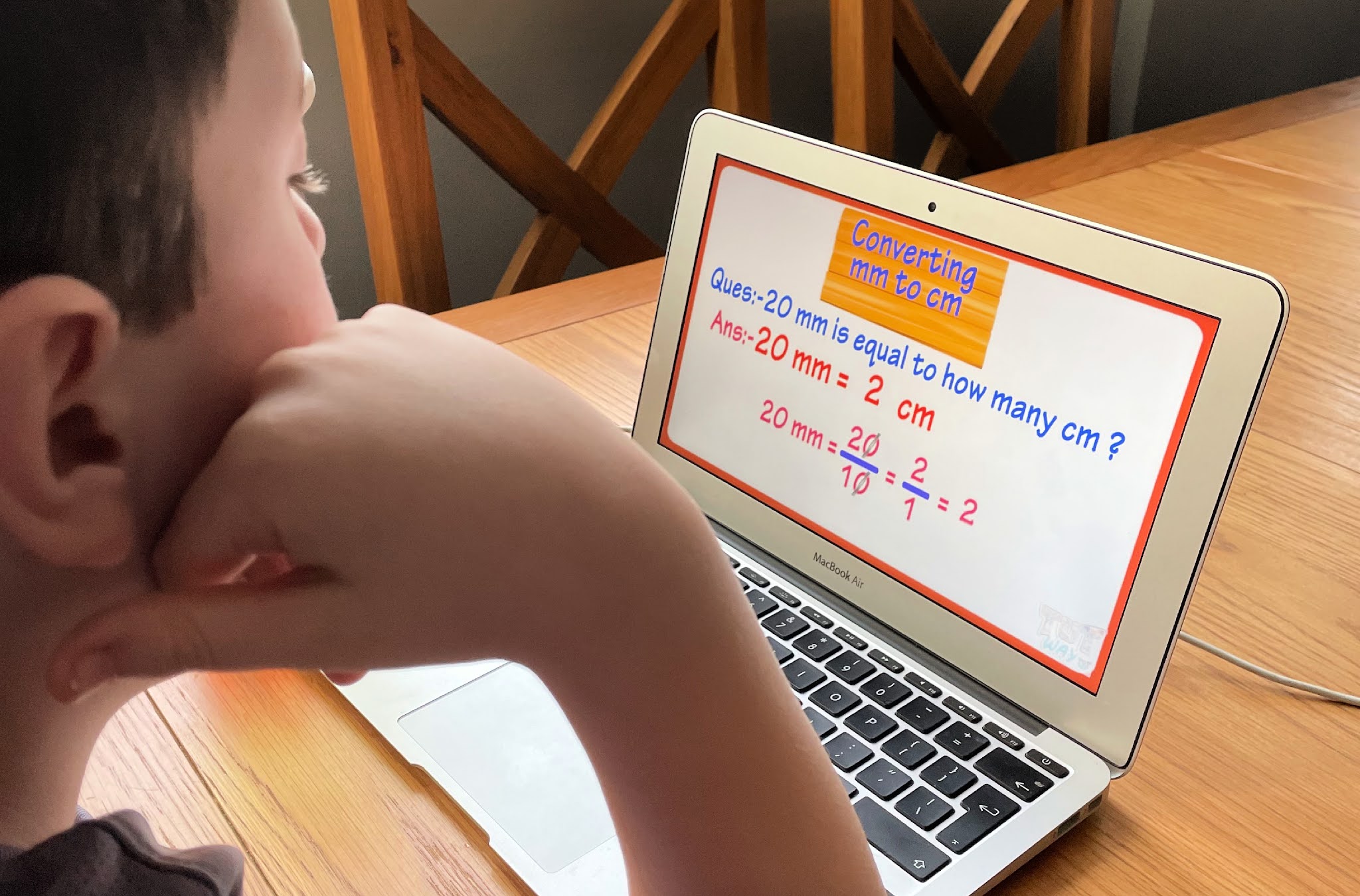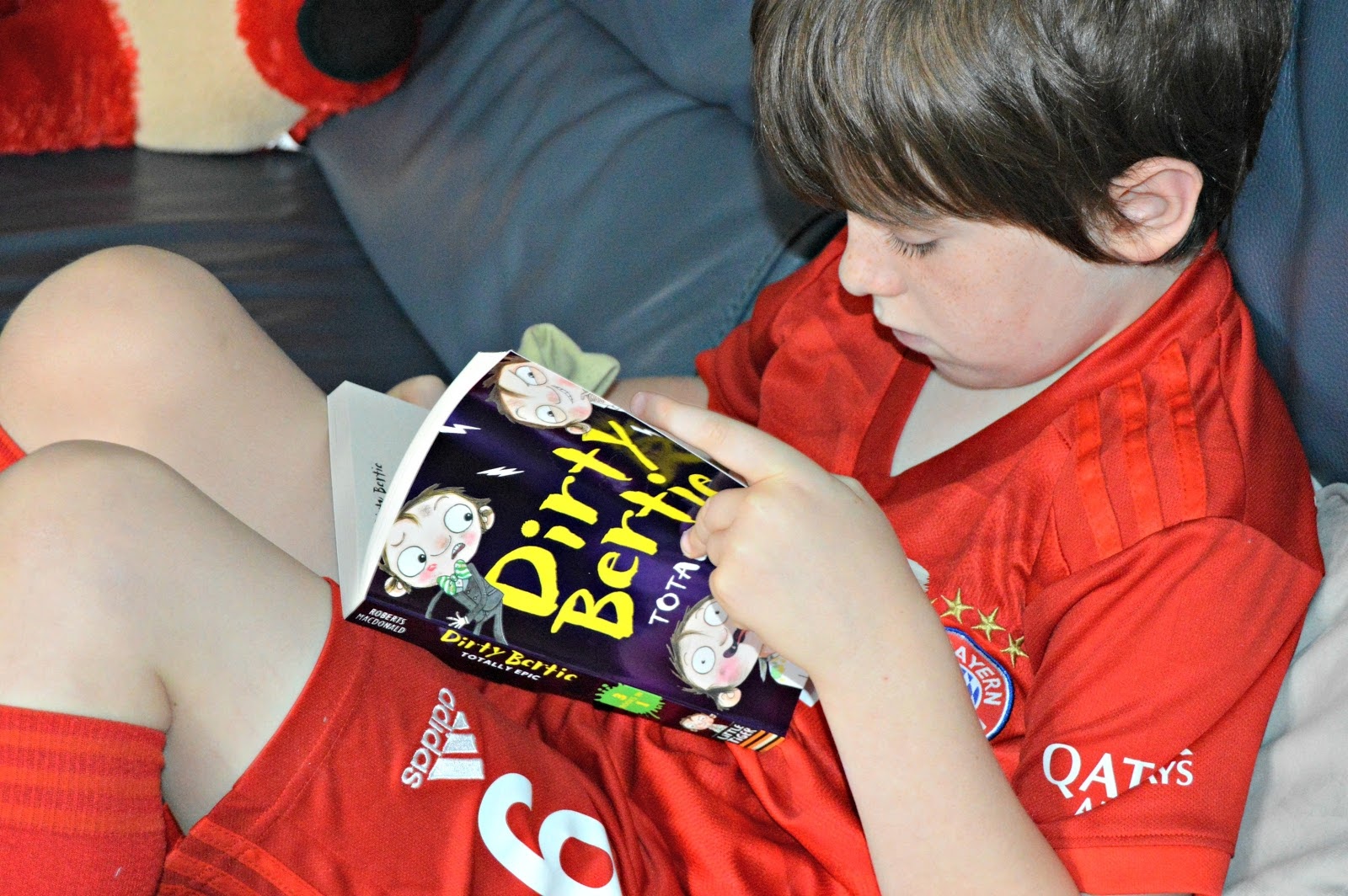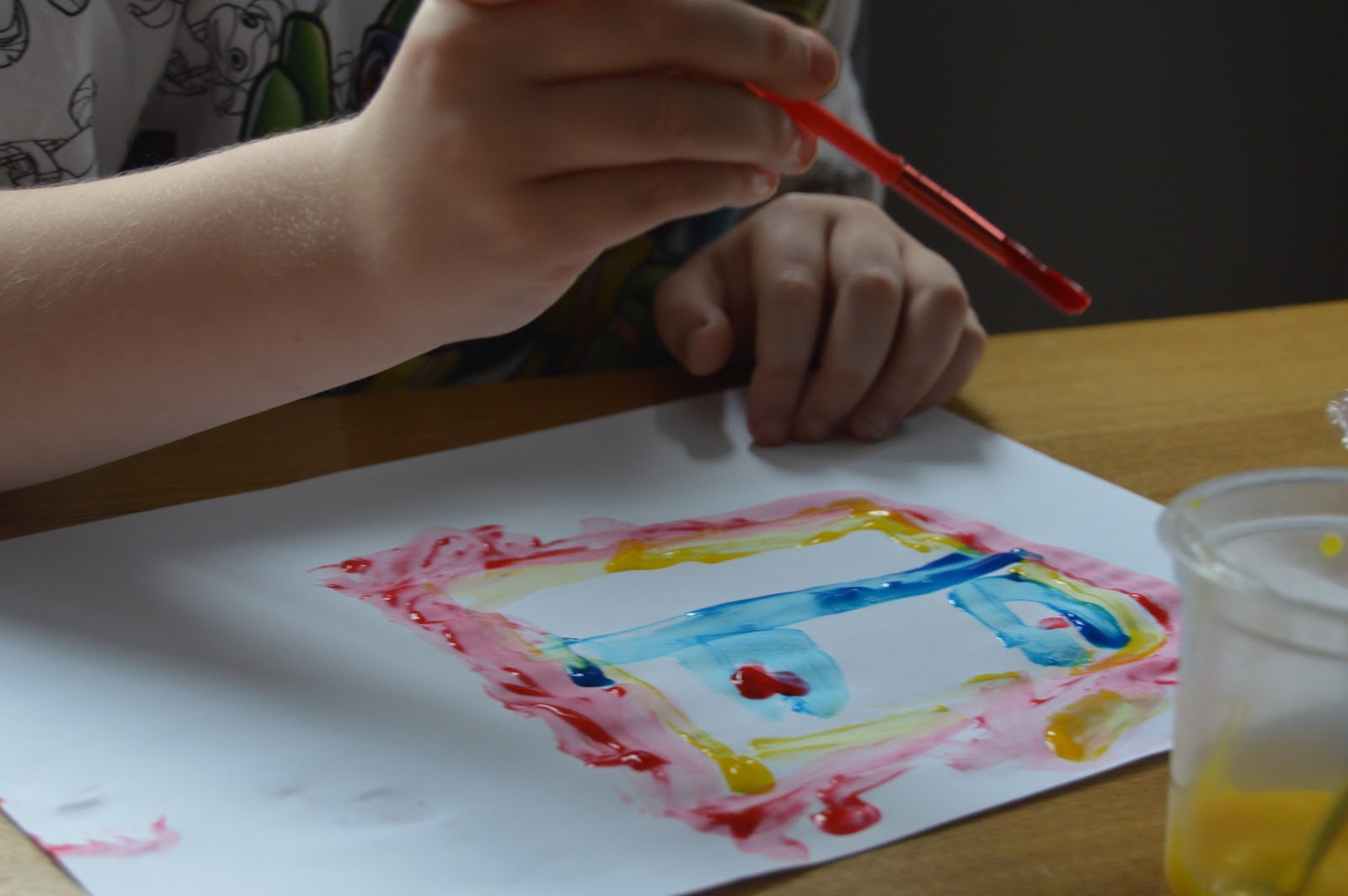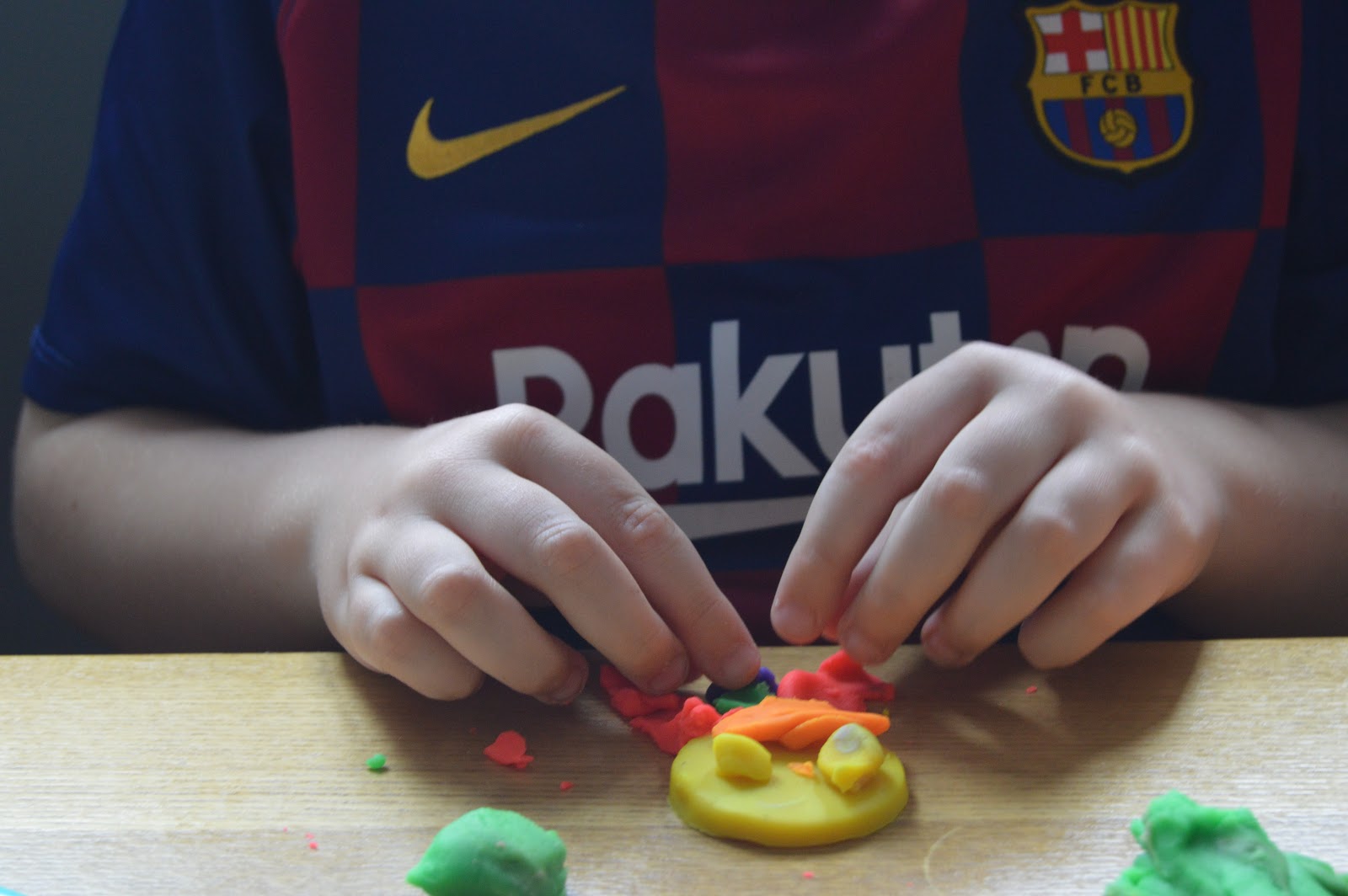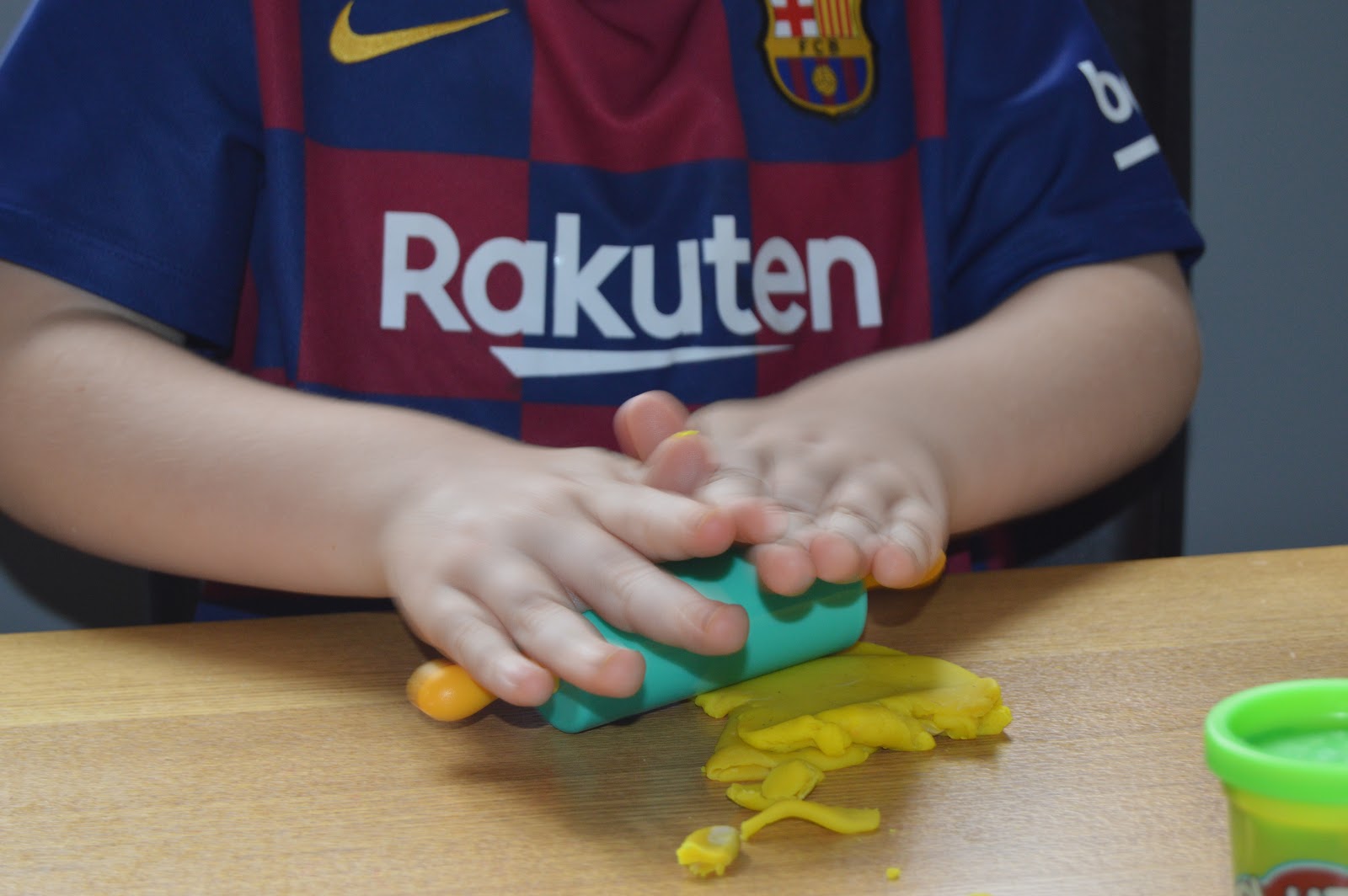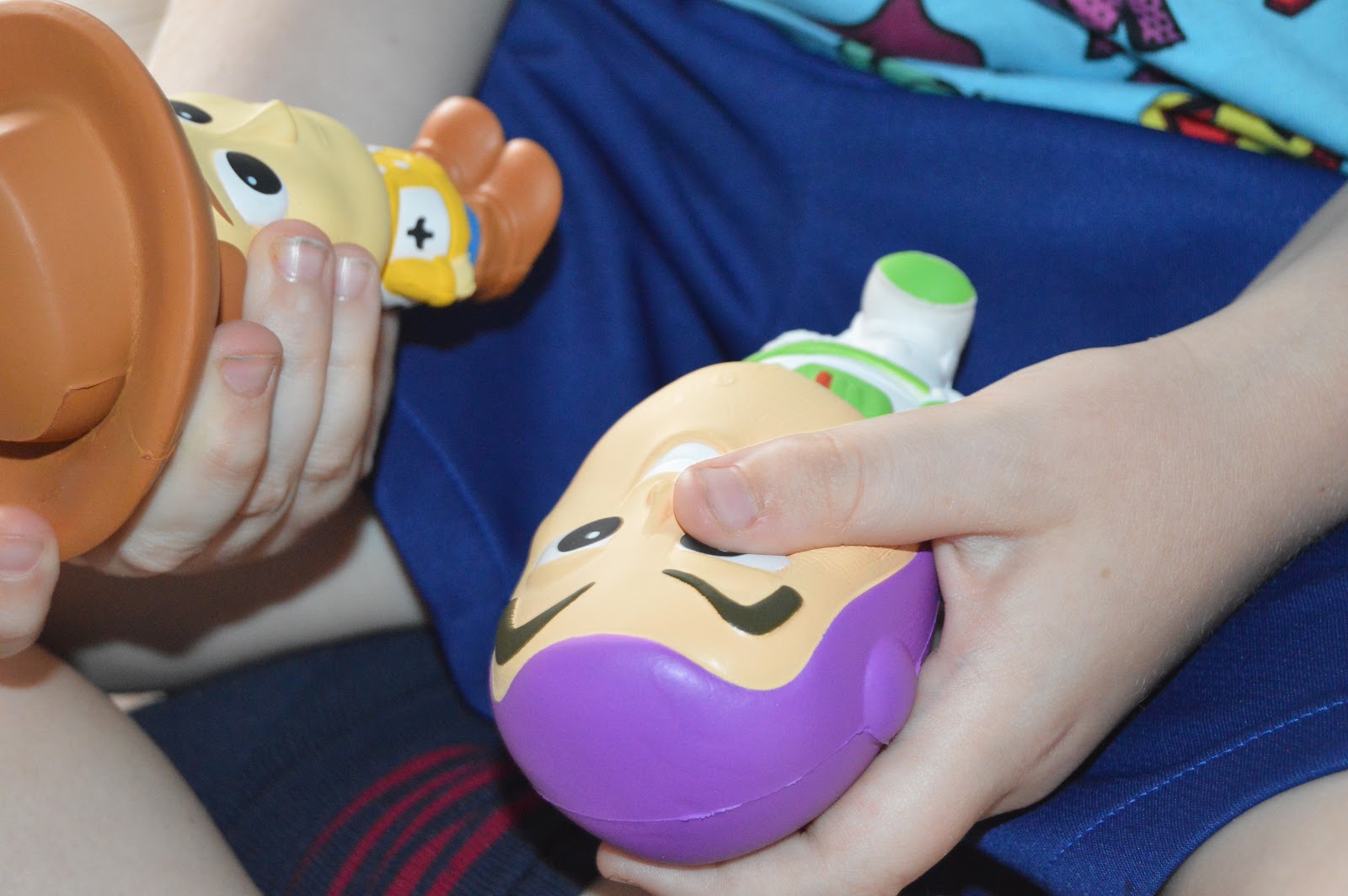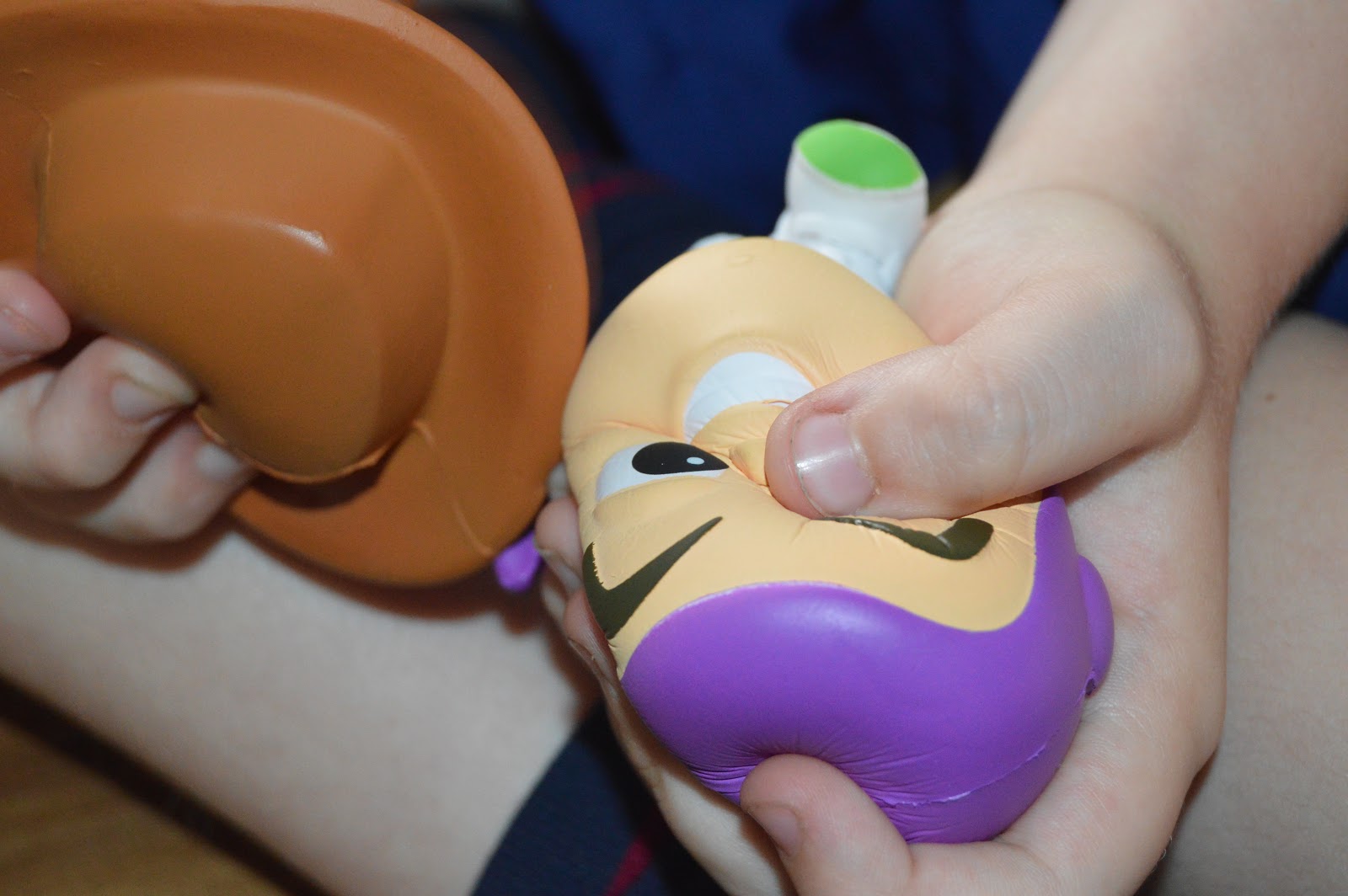Disclosure - This post contains mentions of previously gifted items
Nearly a year ago now we became home school teachers. We had no idea what we were doing, neither did the schools at the time as home schooling or learning at home was something none of us have experienced before. We got through it somehow but now we are back in the same situation as before and although this time the school seems so much more prepared, our children may not. Sitting in front of the screen all day isn't appealing to some children but there are other ways that we can teach them that seems more fun. Children follow the curriculum in school but at home it is a completely different environment and I think we need to remember that.
Maths
There are so many ways you can incorporate maths in to your day. We use numbers and shapes all the time and it can be fun.Playing shop with real money. This can help little ones learn numbers and basic addition and subtraction.
Complete a jigsaw. Jigsaws help concentration and help encourage problem solving.
Baking. Measuring out ingredients is a great way to encourage children to learn about simple measurements and counting.
Singing. There are lots of 'number' nursery rhymes and songs.
Apps. There are lots of apps that can encourage basic maths skills.
English
There are lots of ways to make English fun.
Watch a short movie and then ask the child to write a short story based on what they can remember. Pixar 'Shorts' 'are only between 4-7 mins long and they cover a range of topics. Encourage the child to write about the beginning, something important that happened in the middle and the end.
Treasure Hunt. Ask your child to create a treasure hunt and encourage them to write their own clues.
Reading. This can be together or the child reading alone.
Spellings. Create a spelling sheet for your child using words that they are familiar with.
Other areas of learning.
This is such a simple idea and can cover so much.
If you ask your child to think of a place. It can be a city, a country, a landmark, a theme park, anything. You can use the internet or books to find out everything you can about the place they have chosen. This could cover
Geography - Where in the world is it?
History - When was it built?
Technology - Research as much as you can online.
Mathematics - How many people live or visit there each year?
Reading - Finding out the facts.
Art - Ask your child to draw what they think it looks like.
Imagination - Create a role play area based on their chosen place.
Fine Motor Skills - Write out a list of facts they have found.
Making use of resources around the home. We will be using....
Geomag Mechanics Gravity Magnetic Track - Encourages STEM - Science, Technology, Engineering and Mathematics learning. Exploring science without the need of batteries or electricity.
Osmo - Osmo is educational without the kids knowing. It encourages basic maths and english, problem solving concentration and it's fun.
Games - We have lots of educational games that are fun and we can learn from them to.
Lego / or similar building blocks. Helps with imagination and fine motor skills.
Garden - Physical activity is very important and if you have a garden making use of this space for outside play/exercise also helps get fresh air.
Daily Challenge
Each day we are going to have one daily challenge that we need to complete. The daily challenges will be fun and could include baking a cake, making a den or creating an obstacle course. Educating your child doesn't always mean sitting a desk writing, if they are using their imagination, their fine motor skills or being creative this all adds to their development.
Our children learn every day without them knowing.
Lego / or similar building blocks. Helps with imagination and fine motor skills.
Garden - Physical activity is very important and if you have a garden making use of this space for outside play/exercise also helps get fresh air.
Daily Challenge
Each day we are going to have one daily challenge that we need to complete. The daily challenges will be fun and could include baking a cake, making a den or creating an obstacle course. Educating your child doesn't always mean sitting a desk writing, if they are using their imagination, their fine motor skills or being creative this all adds to their development.
Our children learn every day without them knowing.
If you found this post useful there are a few ways that you could say thanks and support Playdays and Runways.
Comments - I love reading your opinions and thoughts - Are you still home schooling? Leave us a comment below and let us know what you have been doing to make it fun.
Growing my social media is something I work hard on. If you would like to follow us - Like us on Facebook, Twitter and Instagram
If you have found this post or our blog particularly useful you can say thanks by - Buy Us A Virtual Coffee
If you think a friend of family member would like this post - Tap the share button below.
Michelle

